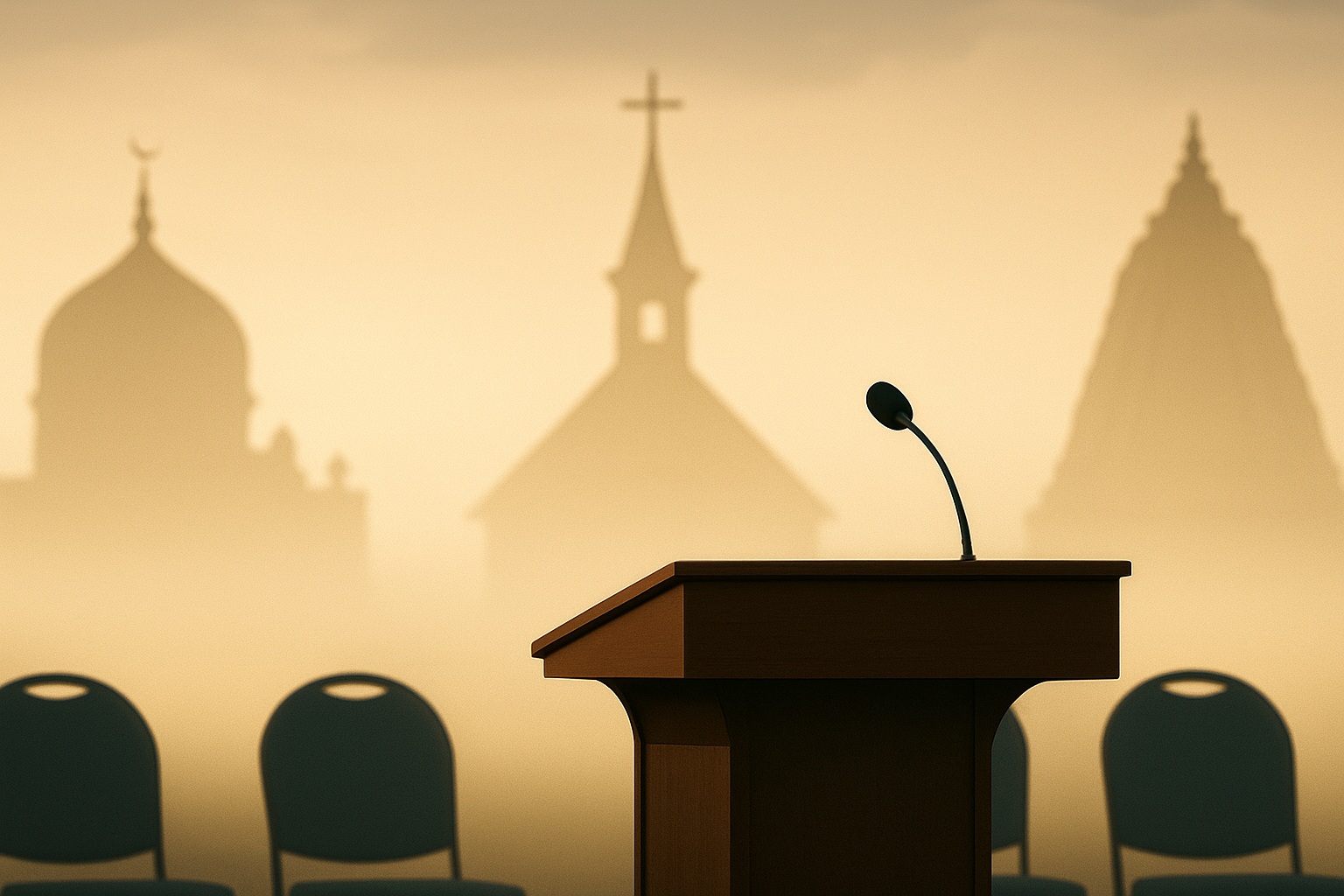Overview
In 2011, public debate surrounded a state-sponsored religious event organized by Texas Governor Rick Perry. The event, called “The Response,” raised questions about the relationship between government actions and religious expression in the United States.
Although the First Amendment prevents Congress from establishing religion, many questioned whether state involvement in faith-based events respects the broader principles of religious liberty and separation of church and state.
Event Background
The Response was a Christian-centered prayer gathering promoted and coordinated by Governor Perry’s office. Several religious organizations, including members of the American Family Association (AFA), helped plan and host the event. Organizers described it as a day of prayer and reflection open to the public.
Statements from Event Representatives
Eric Bearse, a former communications director for Governor Perry and spokesperson for the event, called it evangelistic in tone. Speaking to American Family Radio, he said that attendees would “feel the love, grace, and warmth of Jesus Christ.” He explained that the gathering aimed to convey “acceptance, love, and hope” to all participants.
Another organizer, Allan E. Parker Jr., wrote on the event’s website that the gathering focused exclusively on Christian prayer “to the one true God through His son, Jesus Christ.” He added that people of other faiths were free to hold separate events based on their own beliefs.
Constitutional and Public Reactions
Observers debated how the governor’s direct role in a single-faith event aligned with the First Amendment. Legal experts pointed out that, under the Fourteenth Amendment, states must also uphold religious neutrality.
Critics argued that official involvement in a Christian event could appear as state endorsement of religion. Supporters countered that elected officials have the right to express personal beliefs and invite voluntary participation.
Broader Context
The discussion around The Response reflected an ongoing national conversation about religious pluralism and government participation in faith-based initiatives. Similar debates have appeared throughout U.S. history when public officials align themselves with specific religious traditions.
The 2011 Texas event illustrated how interpretations of constitutional principles continue to shape civic and cultural dialogue about religious freedom in the United States.
